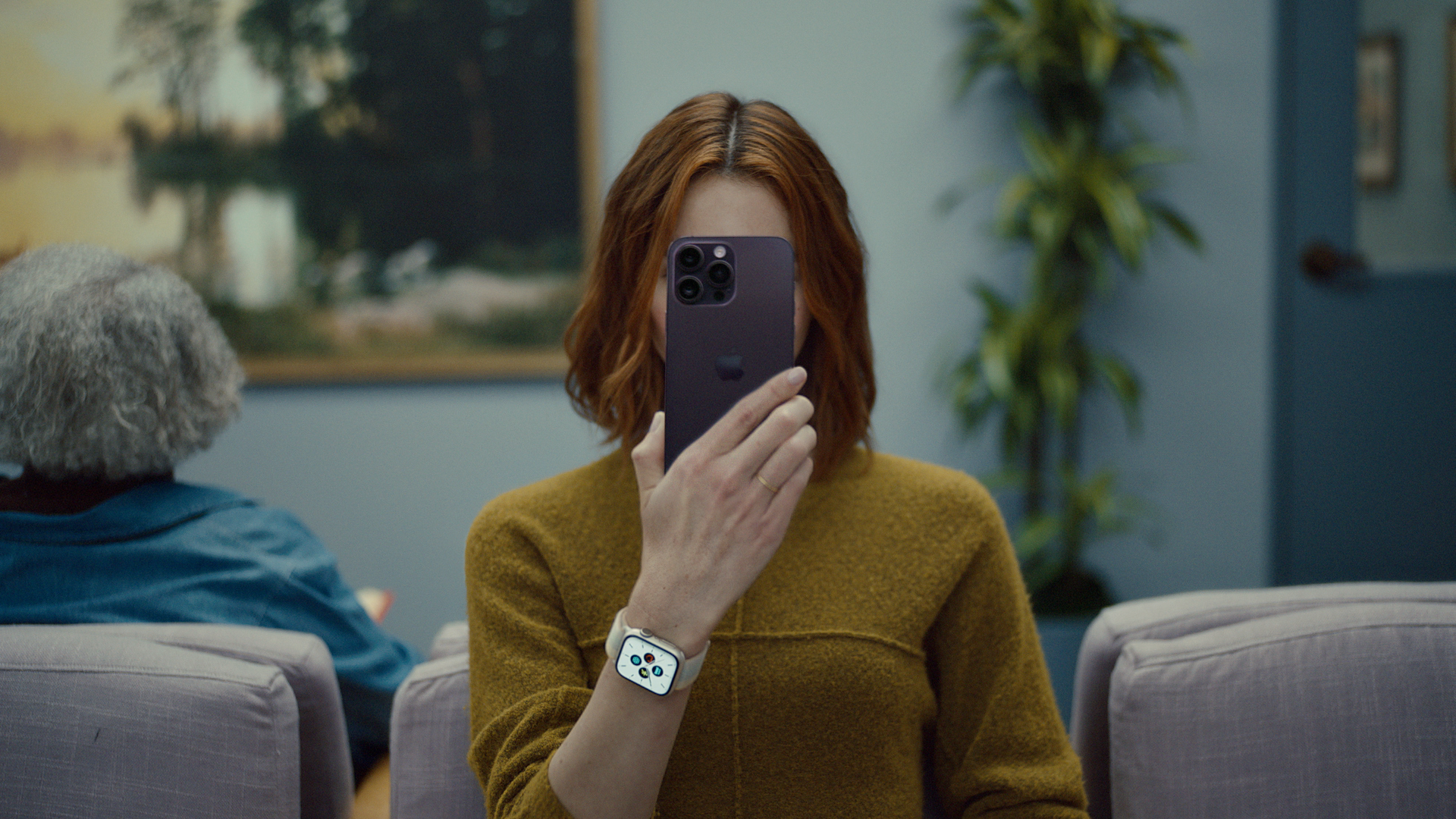
Apple wants to remind you that it takes the privacy of your health data seriously. In a new ad campaign launched on May 24, the company addresses the increasing importance of health data privacy while reminding users of the protections offered by the Apple Health app.
The campaign’s advertisement takes a comical approach to stressing the sensitivity of health data privacy. A narrator, voiced by the iconic Jane Lynch, intrudes on a waiting room full of people to reveal all their health secrets. Every individual's health information is revealed, from their heart rate trends and morning workout to their step count and even hand-washing history.
All the while, the narrator enjoys the ensuing embarrassment. But, when one person pulls out their iPhone to use Apple Health, the fiendish voice pleads for them to stop. They don’t and the narration ends, wrapping the skit up with the message that health data shouldn’t be public.
Take a look at the full video below:
With the amount of data that can be managed in Apple Health — heart, fitness, sleep, medications, menstrual cycle and hearing, to name just a few — it’s natural for users to be concerned about whether all of it is protected.
If you’re an iPhone user, it’s important to know that all your health data is stored and encrypted on-device. The only place to access your Apple Health information is on devices when you’re signed into your Apple ID and the device is unlocked. This ensures that no one, not even Apple, can access your sensitive health data.
Unless, of course, you’ve set up health sharing. Health sharing, a feature that rolled out about two years ago, lets a user see the health data of another assigned user. Something like health sharing lets an adult child check in on their aging parent, for example. Sharing also works with doctors, if a user might need further monitoring or if a doctor wants to see, say, a heart rate history chart from an Apple Watch remotely.
Still, the data can only be shared with explicit permission, and the permissions can be changed or revoked at any time.
The same goes for third-party apps that sync with Apple Health data. Many of the best workout apps and best running apps, and even third-party fitness trackers like the Oura Ring, are compatible with Apple Health. You have to give explicit permission for a third-party app to pair with Apple Health, and you can disable those permissions in your settings at any time.
While none of this is new information, it's a good reminder for those users who choose to use Apple Health. There are a great deal of misconceptions surrounding health data privacy and tech companies, so it's a never a bad time to help users better understand the control they have over their information.







